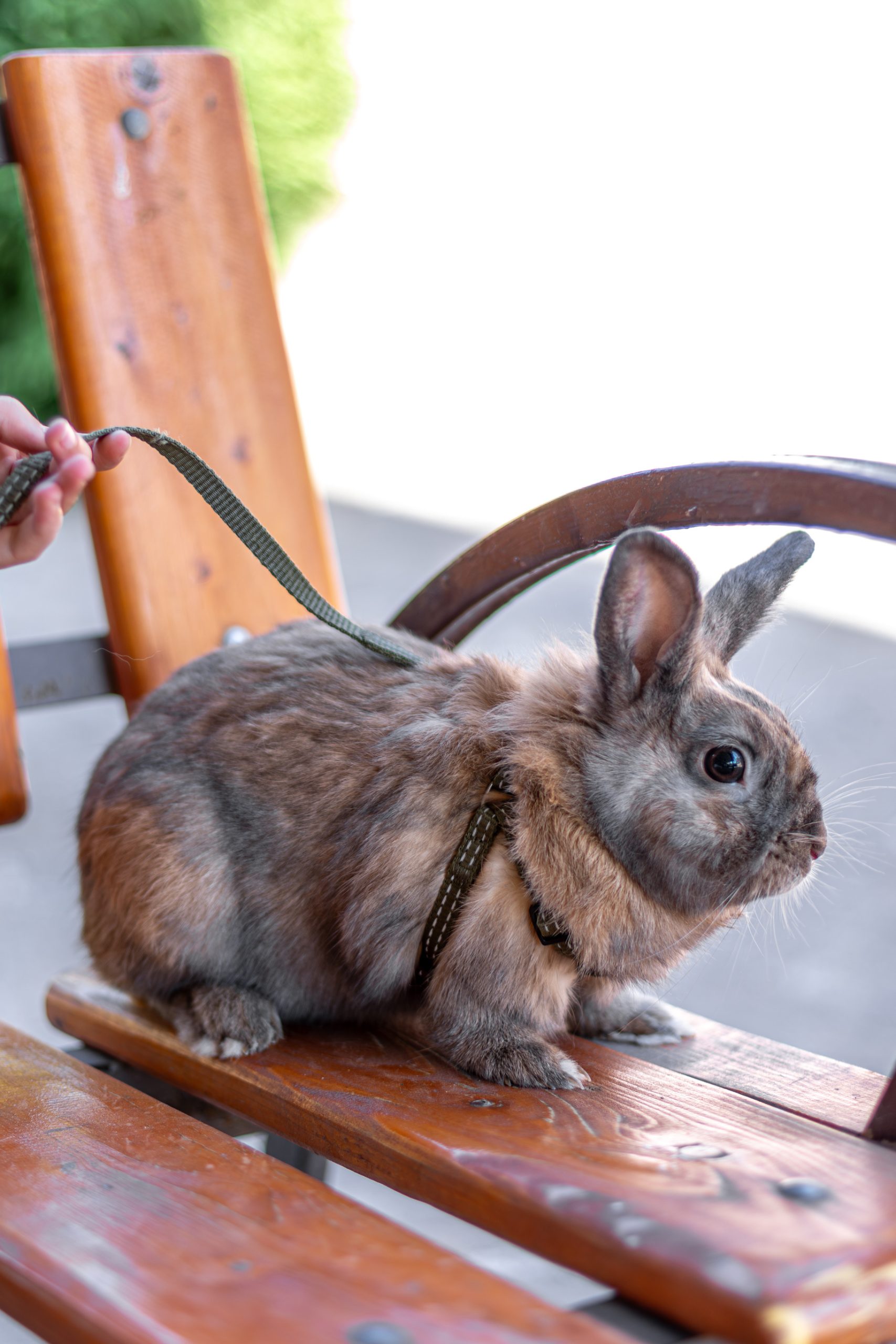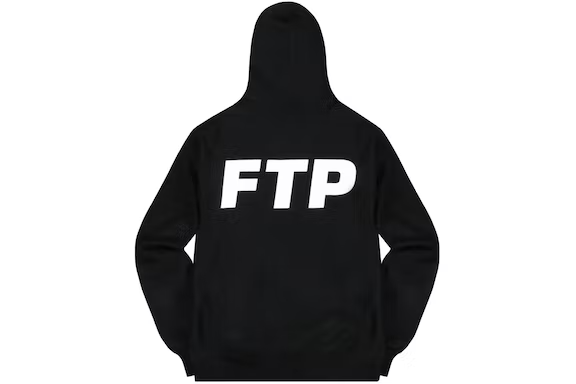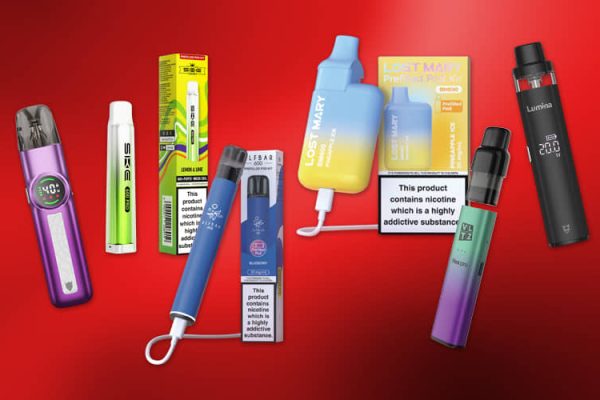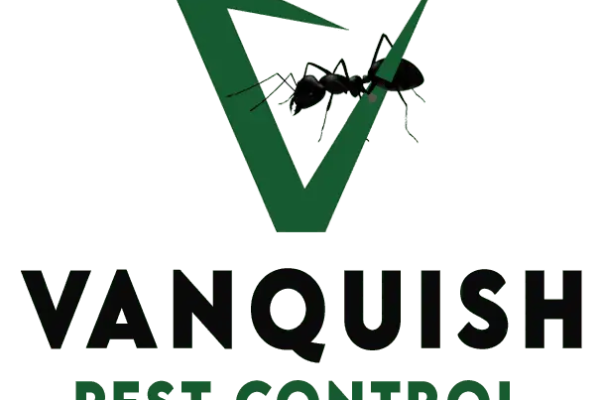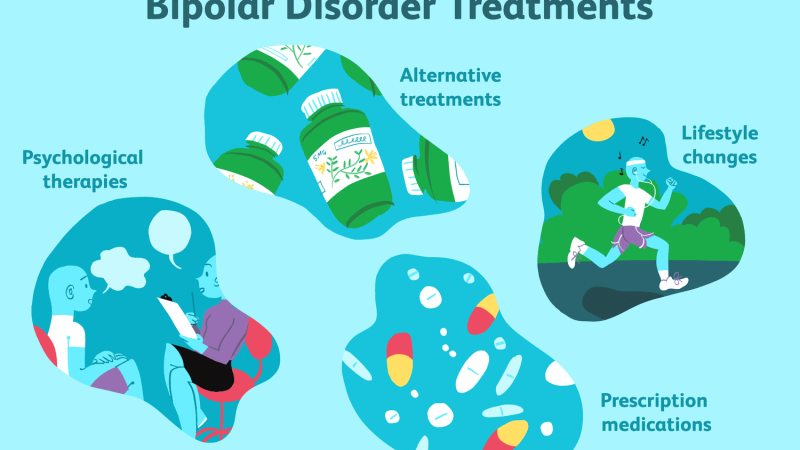When it comes to taking your small pet outdoors, a small animal harness is a must-have accessory. Whether you have a rabbit, ferret, or guinea pig, these pets need to be safely harnessed before venturing out. Small animals, unlike larger pets, are more likely to slip out of traditional collars, which can lead to safety risks and stress. Harnesses help distribute pressure across the pet’s body, reducing strain on the neck and preventing escapes.
In this guide, we’ll cover everything you need to know about fitting the perfect harness for your small pets. From selecting the right type to ensuring it fits correctly, we’ll also discuss the differences between KwikPets small animal collars and harnesses, as well as the latest trends in pet supplies for small animals.
Why Properly Fitting a Harness Is Crucial
A well-fitted harness can make a huge difference in your pet’s comfort and safety. If a harness is too tight, it can cause discomfort and restrict your pet’s movement. Conversely, if it’s too loose, it could easily slip off, potentially leading to an escape. An ill-fitting harness can also lead to injuries, such as chafing or strangulation, so it’s essential always to check the fit.
With the correct harness, your small pet can enjoy outdoor walks, socialization, and exercise in a safe environment. Proper fitting ensures your pet stays comfortable, reduces anxiety, and improves their overall well-being.
Types of Harnesses for Small Pets
Different small animals require different types of harnesses. Let’s take a look at what’s available for rabbits, ferrets, and guinea pigs.
- Harness for Rabbits: Soft, breathable harnesses are the best option for rabbits. They should be lightweight and easy to adjust. A harness designed specifically for rabbits prevents pressure on their delicate spines, allowing them to hop comfortably.
- Harness for Ferrets: Ferrets are known for their agility and curiosity, so a snug-fitting harness is essential. Look for harnesses designed for ferrets that feature adjustable straps and a secure leash attachment.
- Harness for Guinea Pigs: Guinea pigs need harnesses that are gentle on their bodies and easy to slip on. A harness that covers the chest and neck comfortably, without being too tight, is ideal.
Step-by-Step Guide: How to Fit a Harness on Small Pets
Step 1: Measure Your Pet Properly
Before purchasing a harness, it’s essential to measure your pet accurately. For most small animals, you’ll need to measure around the chest, neck, and waist to ensure a proper fit.
Step 2: Choose the Right Type of Harness
Based on your pet’s breed and size, choose a harness that suits their needs. Rabbits need lightweight, adjustable soft harnesses, while ferrets require secure, snug-fitting harnesses to prevent slipping out.
Step 3: Adjust the Harness Correctly
Once you’ve chosen the correct harness, adjust the straps to fit comfortably around your pet’s chest, neck, and body. It should be snug but not tight. You should be able to fit two fingers comfortably under the straps.
Step 4: Ensure Comfort and Movement
Make sure your pet can move freely. A harness that’s too tight can limit their ability to breathe and move. Watch for signs of discomfort, such as constant scratching or pawing at the harness.
Step 5: Test the Fit
Test the harness by gently tugging on the leash. If the harness moves or feels too tight, make adjustments. Take your pet for a short walk to check if they are comfortable.
Small Animal Collars: When to Use Them and How They Differ from Harnesses
Small animal collars are generally used for identification purposes. Unlike harnesses, collars are not recommended for walking small pets due to the potential risk of injury. Collars are ideal for rabbits and guinea pigs when used indoors, but they should never be used to attach a leash or take pets outside.
Collars are primarily used for safety and ID purposes, ensuring that your pet can be identified if they escape. For outdoor activities, always use a KwikPets small animal harness to prevent strain and provide your pet with comfort.
Common Mistakes to Avoid When Fitting Harnesses and Collars on Small Pets
One common mistake when fitting harnesses is choosing a size that’s too tight or too loose. Another mistake is leaving the harness on for too long. It’s essential to check for any discomfort and readjust the harness as your pet grows or changes in weight.
Benefits of Using a Harness for Small Pets
Harnesses offer many benefits for small pets. Not only do they help in preventing escapes, but they also encourage exercise and outdoor exploration. By using a small animal harness, pets can safely explore their environment, providing mental stimulation and helping to alleviate boredom.
Latest Trends in Small Animal Harnesses and Collars
Pet supplies for small animals are constantly evolving. New materials, such as eco-friendly fabrics and padded harnesses, offer enhanced comfort. Harnesses with reflective strips, breathable fabrics, and adjustable features are now available, improving safety and comfort.
For example, companies like PetSafe have introduced new lines of eco-friendly harnesses made from sustainable materials that do not compromise comfort. For more information on these innovations, explore the latest research on eco-friendly pet supplies here.
FAQs
- How do I determine the correct size harness for my small pet?
Ensure you measure your pet’s chest and neck accurately before purchasing a harness. - Can I leave a harness on my rabbit/ferret/guinea pig all day?
It’s essential to remove the harness after a short period to avoid skin irritation. - Are there harnesses specifically for guinea pigs?
Yes, there are specially designed harnesses for guinea pigs that ensure a comfortable fit. - How often should I check and adjust my pet’s harness?
Check your pet’s harness regularly, especially if they are still growing or if you notice weight changes. - What are the differences between harnesses for rabbits and ferrets?
Rabbit harnesses are usually lightweight and soft, while ferret harnesses are snugger and more secure to prevent escapes.
Conclusion
A well-fitted small animal harness is essential for your pet’s safety, comfort, and outdoor enjoyment. By following the tips and guidelines in this article, you can ensure your small pet enjoys their outdoor adventures without discomfort. Always choose the correct harness, and remember to check the fit regularly to keep your pet happy and healthy.

